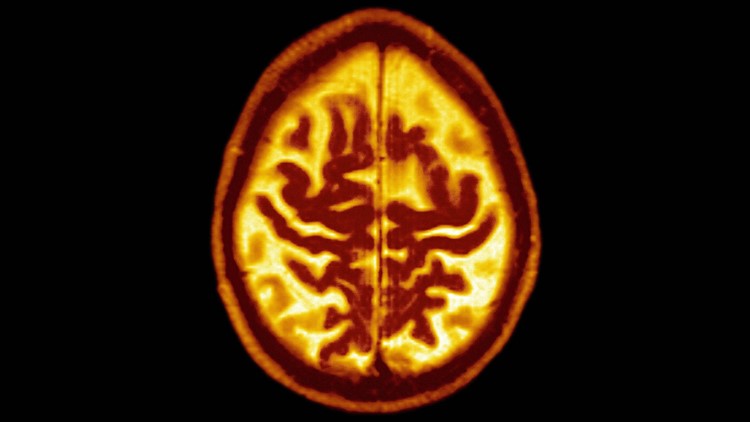Intensive lowering of blood pressure, to a less than 120 mm Hg level, can have a measurable impact on mild cognitive impairment (MCI) — a well-established precursor of dementia, a new study finds.
Previous studies have suggested high blood pressure could be a risk factor for dementia and mild cognitive impairment, leading US researchers to explore whether lowering pressure could reduce this risk in a large randomized trial on more than 9000 people.
Lowering blood pressure did not significantly reduce dementia risk, but the secondary results showed a significant reduction in MCI, according to the study published Monday.
“Dementia continues to be a large public health challenge, and based on the primary results of this study, we still have yet to find an intervention strategy proven to reduce the risk of dementia,” said Dr. Richard J. Hodes, director of the National Institute on Aging (NIA), part of National Institutes of Health.
“Nevertheless, the secondary results showing that intensive lowering of blood pressure may reduce risk for MCI, a known risk factor for dementia, gives us additional avenues to explore on the path to prevention,” he said in a statement.
Dementia is the seventh leading cause of death in the world, according to the World Health Organization. The syndrome involves the loss of cognitive functioning and behavioral abilities, and Alzheimer’s disease is the most common cause of dementia in older adults.
In the United States, about 5.7 million Americans are living with Alzheimer’s disease, according to the US-based Alzheimer’s Association.
Research from last year showed that older people with higher-than-average blood pressure was linked to more tangles in the brain tissue, a common sign of Alzheimer’s disease — the most common form of dementia.
Between 2010 and 2013, Dr Jeff D. Williamson from the Wake Forest School of Medicine in North Carolina, and his team selected 9361 participants over the age of 50, who had a high risk of cardiovascular disease. They were divided into 2 groups — one with intensive blood pressure control to levels below 120 mmHg and a standard group with a target of less than 140 mmHg,
The initial purpose of the trial was to look into how intensive blood pressure lowering can impact cardiovascular and renal disease and after the first three years the trial stopped as results showed that lowering blood pressure led to reduced cardiovascular events and overall mortality.
The participants were followed up for two more years to record levels of dementia and mild cognitive impairment development.
The first results from the study showed no statistically significant difference between standard and intensive treatment in the proportion of participants that were diagnosed with dementia.
But the secondary results suggested that the intensive treatment reduced the risk of mild cognitive impairment and the combined risk of mild cognitive impairment and dementia.
“This study is in line with where the field of dementia research is going: preventing memory loss earlier,” said Laurie Ryan, chief of the Dementias of Aging Branch in the National Institute of Aging and contributor to the clinical trial. “Much like we have research-based interventions for heart health and cancer prevention, we hope to have guidance based on this and subsequent studies that will more definitively show how to slow or even stop dementia well before symptoms appear.”
James Pickett, head of research at Alzheimer’s Society in the UK, said researchers have known for a while that keeping blood pressure in check can help prevent dementia. In an email to CNN he added “but there’s still lots of unanswered questions — like how intensively to manage blood pressure.”
Prevention is key until the day a cure for the disease is found, according to Pickett, who was not involved in the research. “We know what’s good for the heart is good for the head and you don’t have to take extreme measures to help lower blood pressure and dementia risk. Simple lifestyle changes like quitting smoking and exercising regularly can all make a difference,” he said.



